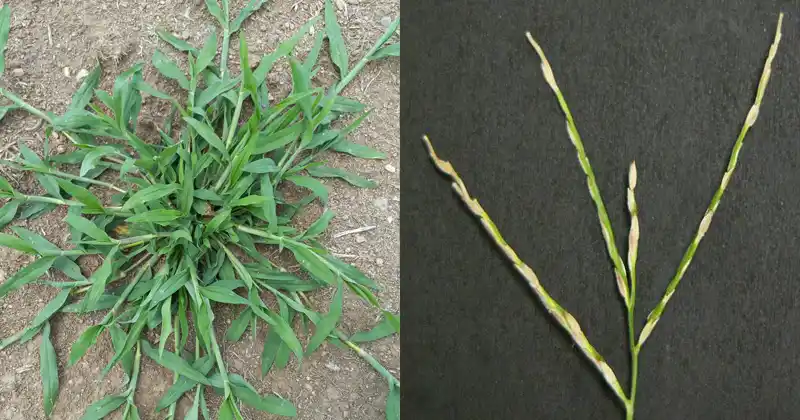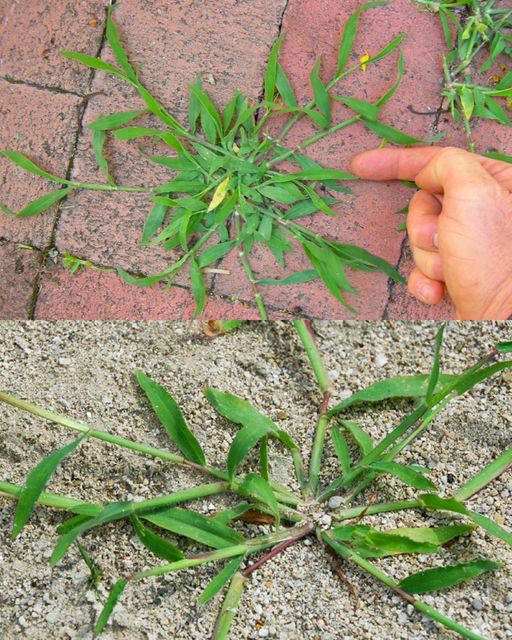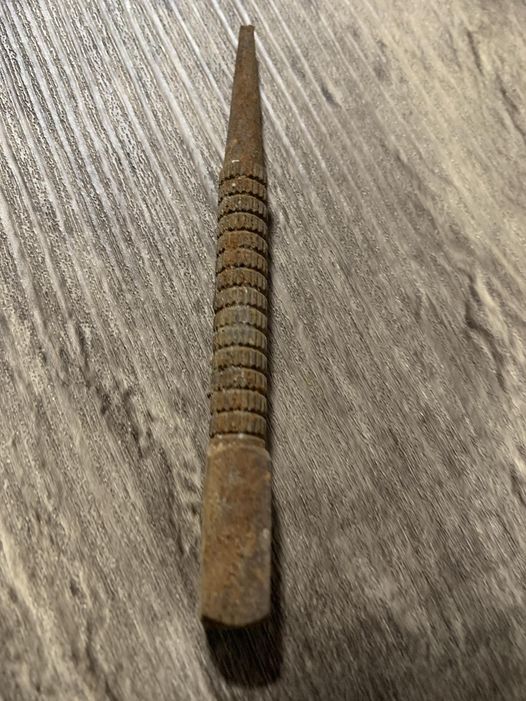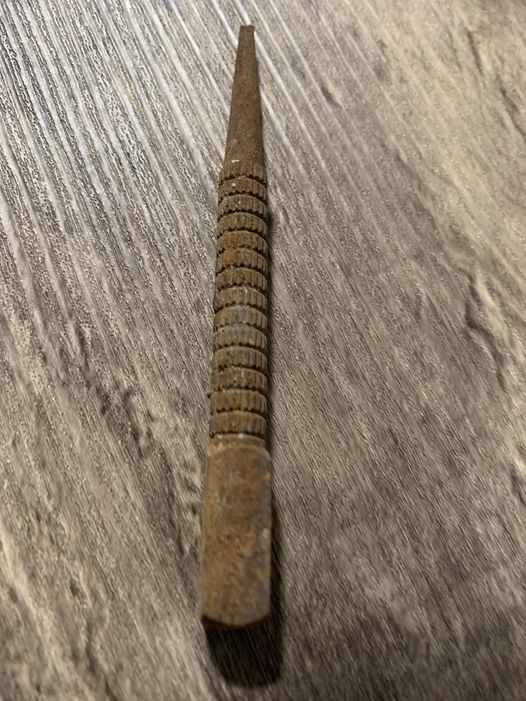Crabgrass: A Common Backyard Plant with Surprising Health Benefits
Crabgrass, scientifically known as Digitaria sanguinalis, is often viewed as a pesky, invasive weed found in backyards, fields, and urban areas. While most gardeners aim to eliminate crabgrass from their lawns, this resilient plant holds a treasure trove of potential medicinal properties. Despite its reputation as an unwelcome intruder, crabgrass offers numerous therapeutic benefits, ranging from anti-inflammatory properties to aiding digestion and kidney health.

In this article, we’ll dive into the surprising health benefits of crabgrass and how you can incorporate this misunderstood plant into your wellness routine. And if you’re looking for ways to manage crabgrass growth in your garden, be sure to check out these effective methods for getting rid of crabgrass.
What is Crabgrass?
Crabgrass is a hardy plant that thrives in various environments, from neglected patches of lawn to roadside ditches. Despite its invasive nature, this plant has been utilized in traditional medicine systems for centuries. Its leaves, stems, and roots are packed with compounds that provide health benefits such as detoxification, digestive support, and inflammation relief.
Health Benefits of Crabgrass
Anti-Inflammatory Properties
Crabgrass possesses natural anti-inflammatory compounds that can help soothe various conditions. Drinking crabgrass tea, made from its leaves and stems, can reduce inflammation-related discomfort, such as joint pain, arthritis, and muscle soreness. This tea is also known to alleviate inflammation in the throat and respiratory system, providing relief for sore throats and general body aches.
Diuretic Effect for Kidney Health
Crabgrass acts as a natural diuretic, increasing urine production and helping the body flush out toxins. This can be especially beneficial for individuals suffering from kidney issues or those dealing with water retention. By supporting kidney function, crabgrass assists the body in maintaining a healthy urinary system.
Improves Digestion
Crabgrass has long been used to support digestive health. It helps alleviate bloating, indigestion, and mild stomach discomfort. Additionally, crabgrass tea acts as a gentle laxative, promoting regular bowel movements and keeping your digestive system balanced.
Relief from Skin Irritations
For external use, crabgrass can be turned into a poultice and applied to minor skin irritations, insect bites, and rashes. Its natural anti-inflammatory and antibacterial properties help soothe the skin, reduce redness, and promote healing for minor cuts and scrapes.
Respiratory Support
Crabgrass has been used in traditional remedies to support respiratory health. Drinking crabgrass tea can help clear the respiratory tract, making it easier to breathe during colds, mild respiratory infections, or congestion.
Fever Management
Crabgrass tea is known for its cooling properties, which can help reduce fever symptoms. The tea’s ability to lower body temperature can provide relief during times of fever and aid in quicker recovery from infections.
Rich in Antioxidants
Crabgrass contains antioxidants, which are vital for protecting the body from free radicals and oxidative stress. These antioxidants contribute to overall health by reducing the risk of chronic conditions like heart disease and cancer.

Supports Blood Sugar Regulation
Crabgrass may also play a role in managing blood sugar levels. Consuming crabgrass tea can help regulate glucose levels, making it beneficial for those with diabetes or those looking to maintain stable blood sugar levels.
Boosts Immune System
The antioxidants and beneficial compounds in crabgrass help strengthen the immune system. Regular consumption of crabgrass tea may provide additional protection against common infections by supporting your body’s natural defenses.
Cardiovascular Health
Crabgrass can have calming effects on the cardiovascular system, aiding in the relaxation of blood vessels and promoting healthy blood pressure levels. Drinking crabgrass tea regularly may contribute to better circulation and heart health.
Detoxification Support
As a natural detoxifier, crabgrass helps the body eliminate toxins through increased urine production and enhanced liver and kidney function. Regular consumption of crabgrass tea can assist in cleansing your body from the inside out.
How to Use Crabgrass for Health Benefits
Internal Use:
For internal ailments such as inflammation, digestion, or fever, crabgrass can be made into a tea. Simply boil a handful of fresh crabgrass leaves and stems in half a liter of water for 5 minutes. Strain and enjoy a cup of the tea once or twice a day to experience its health benefits.
External Use:
For skin irritations or minor wounds, crush fresh crabgrass leaves and apply them directly to the affected area as a poultice. The anti-inflammatory and soothing properties of crabgrass will help reduce irritation and promote healing.
Embrace Crabgrass as a Natural Healer
Although it’s often treated as a troublesome weed, crabgrass has significant potential as a natural remedy. Whether you’re looking for relief from digestive issues, inflammation, or skin problems, crabgrass offers a range of health benefits that are worth exploring. Instead of simply pulling it up and discarding it, consider how you can incorporate this humble plant into your daily wellness routine.

And for those looking to manage crabgrass while still appreciating its health benefits, check out how to control crabgrass without damaging your lawn for effective, eco-friendly solutions.
Inspired by this? Share the article with your friends!





